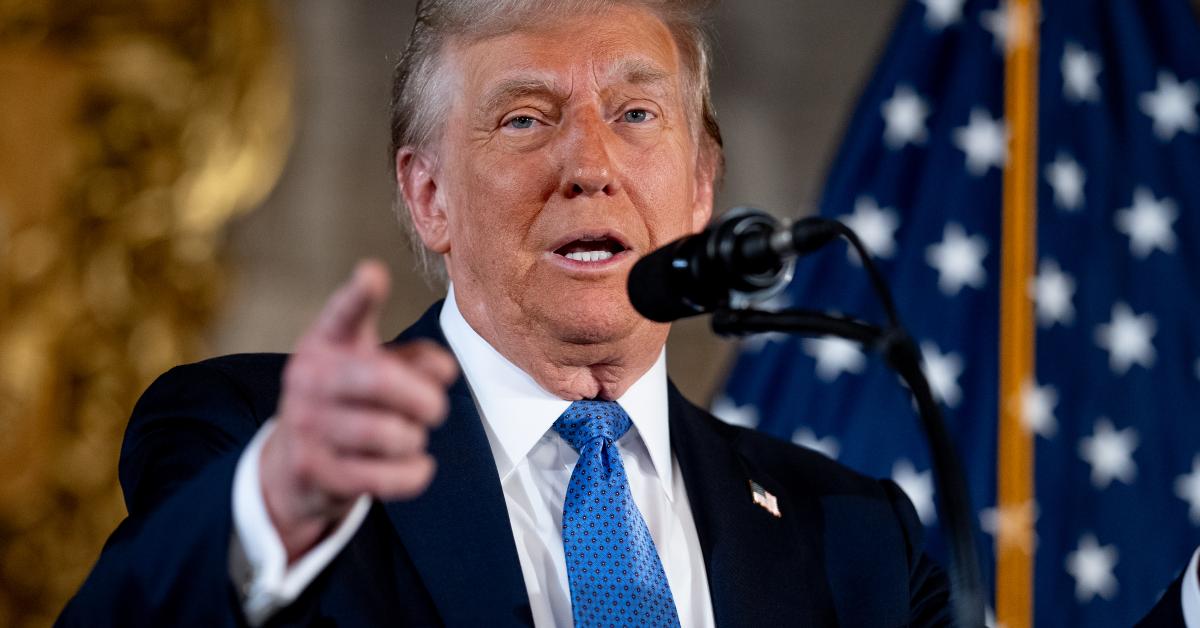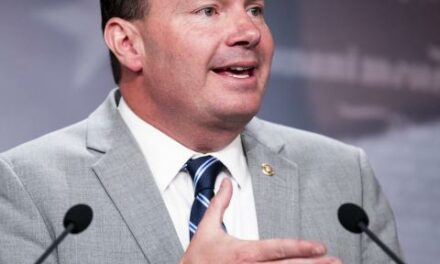We support our Publishers and Content Creators. You can view this story on their website by CLICKING HERE.

Three Senate Democrats are demanding answers regarding allegations that Boris Epshteyn, an attorney for President-elect Donald Trump, solicited payments from nominees for help in becoming part of Trump’s next administration.
“We are writing to request information concerning troubling allegations of potential quid pro quo agreements within President-elect Trump’s transition team,” Senators Ron Wyden, D-Ore., Richard J. Durbin, D-Ill., and Sherrod Brown, D-Ohio, wrote in a letter obtained by The New York Times.
“These reports raise pressing concerns about potential payments made in exchange for preferential treatment in the president-elect’s cabinet-level nominations,” the letter continued.
Epshteyn is facing allegations that he solicited payments from people being considered for cabinet or other presidential appointments at the same time he was being paid by the Trump campaign and advising the president-elect on legal matters, nominations and political communications.
Among the allegations cited in the letter is that Epshteyn sought payments of $30,000 to $40,000 a month from Scott Bessent, who is Trump’s pick for Treasury secretary, to promote Mr. Bessent to Trump as a potential nominee.
Trump last month ordered an internal inquiry into the consulting arrangements of Epshteyn and other contractors to be conducted by lawyer David Warrington with the results to be delivered to his incoming chief of staff Susie Wiles, Just the News has learned.
“This pattern of allegations, which was reportedly the subject of an internal investigation by the Trump transition team, raises serious concerns about the integrity of the transition process and whether and to what extent it has been influenced by inappropriate payments for political favors,” the letter continued.
As of now, Epshteyn has not responded to the letter. The senators have given him a deadline of January 2 to respond. That is the day before the new Congress will convene and can start voting on Trump administration nominees.

 Conservative
Conservative  Search
Search Trending
Trending Current News
Current News 





